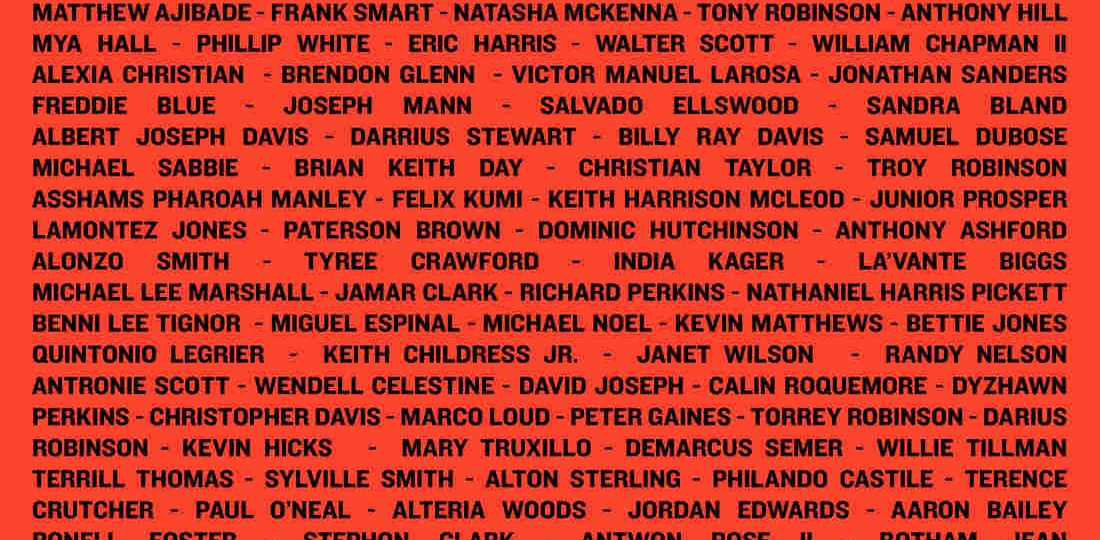
My fellow humans,
One of our core pillars at SNoWCo is to Speak and Stand with Courage. Today I lean fully into this value. I have written and rewritten my message to you today multiple times, not because I was afraid or unsure what to say, but because I am full of rage. Every time I started writing I saw a new image of violence, heard another heartbreaking story of a black person fearing for their life every time they got into a car, or discovered a painful truth within myself and had to reset.
My feelings shift from rage to grief to shame to action and back all over again.
My heart is heavy, but my brain is ready to get even more curious and to do deep work needed for change.
The events of the past few weeks from the terrorization of Chris Cooper to the senseless murders of Breonna Taylor, Ahmaud Arbery and George Floyd and the ensuing protests have amplified the brutal reality of systemic racism in a way that could no longer be ignored.
We can’t solve problems we don’t understand. This is not a technical problem to be solved. We can’t hire this problem away, we can’t wait for business to go back to normal, we can’t assign a few people to work on it, and we can’t use our existing skills and knowledge to fix it. This is an adaptive challenge, which means we need to explore, experiment, and examine, over and over again.
Let’s dig deeper here. A technical problem is something that can be solved with current expertise and usually only has a few solutions. Technical problems aren’t necessarily easy to solve, but certainly easier. An adaptive challenge on the other hand does not have easy solutions. We cannot solve these types of challenges with expertise alone. The solutions often requires us to change habits and beliefs in ourselves and others.
Adaptive challenges require us to get curious about ourselves, others, and our relationships together. They require us to experiment to find paths forward. But most importantly, to tackle adaptive challenges requires a certain amount of heat. If the system is too comfortable, it will not change. When we step out of that comfort zone, when we feel the heat of the unknown, that is when change can begin.
We must realize that it is in our nature to want to turn down the heat in ourselves and others and to find ways to get back into our comfort zone. Our minds and bodies crave homeostasis. What does this look like? Silence, focusing on the wrong problems, hyper optimism, and focusing only on technical solutions. The desire for simplicity always becomes strongest as we face uncertainty. We have to fight that desire as people, as leaders, as humans.
Where can we start? Get curious with yourself. Really curious.
Truly examine your role in creating, perpetuating, and benefiting from the systemic racism. And this isn’t easy. For example, I believe I am a good person and was raised to be open minded and empathetic. And yet, I am learning about all the bias I hold. The micro aggressions or lack of representation that were harming my colleagues that I didn’t see. Or ways my actions or inactions hurt others. This work requires me to be willing to be wrong about my beliefs and habits. That isn’t comfortable. But let’s be real, the pain of a bruised ego isn’t comparable in any way to the pain our fellow BIPOC humans have had to burden for generations upon generations.
My friend recently shared with me that in a way we are in a very precious moment where we can create real and meaningful change in ourselves and others. We need to stay in the heat. People of color have lived in the heat their entire lives. It’s time we join them.

